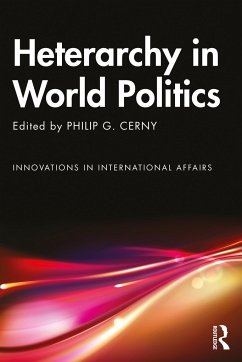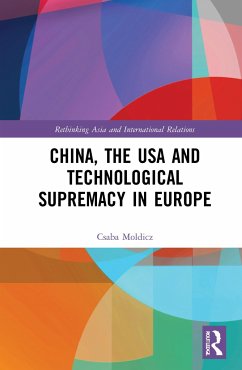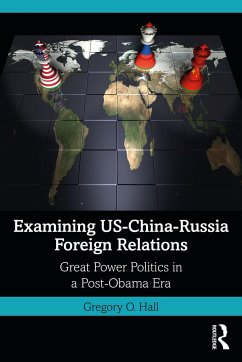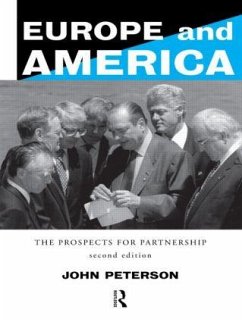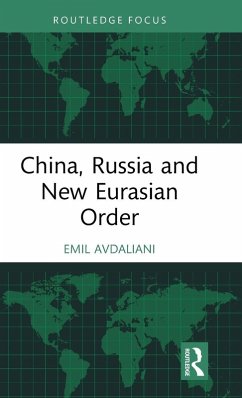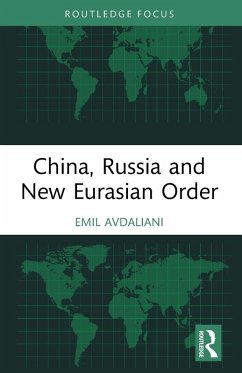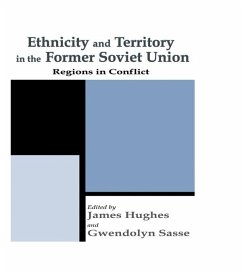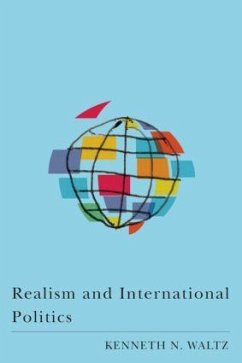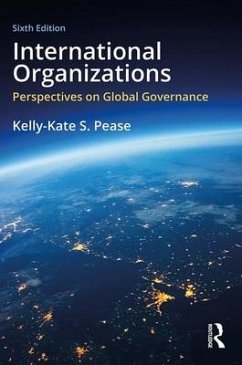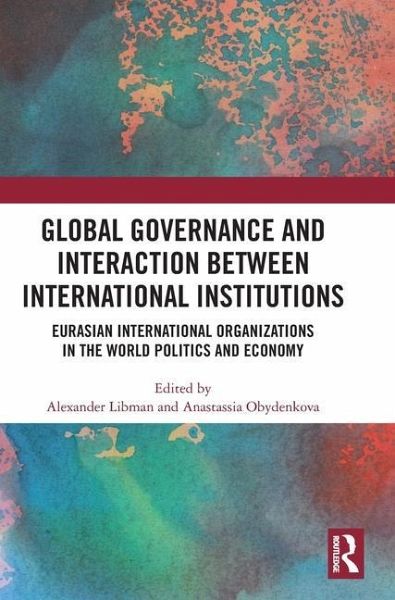
Global Governance and Interaction between International Institutions
Eurasian International Organizations in the World Politics and Economy
Herausgegeben: Libman, Alexander; Obydenkova, Anastassia

PAYBACK Punkte
69 °P sammeln!
This book builds on theory of authoritarian regionalism and is the first attempt to analyse the interaction of authoritarian regional organizations in Eurasia with their global and regional counterparts (NATO, EU, WTO, IMF etc.). It analyses three decades of the development of post-Soviet regional organizations prior to the tectonic geopolitical and security changes of 2022.Eurasian regional organizations created by Russia have been frequently perceived as attempts to establish 'alternatives' to the global governance institutions and to compete with other regional organizations like, for examp...
This book builds on theory of authoritarian regionalism and is the first attempt to analyse the interaction of authoritarian regional organizations in Eurasia with their global and regional counterparts (NATO, EU, WTO, IMF etc.). It analyses three decades of the development of post-Soviet regional organizations prior to the tectonic geopolitical and security changes of 2022.
Eurasian regional organizations created by Russia have been frequently perceived as attempts to establish 'alternatives' to the global governance institutions and to compete with other regional organizations like, for example, the European Union (EU). They are seen as a pronounced example of 'authoritarian regionalism', i.e., regional organizations established by non-democracies. The way they interact with global and regional institutions has, however, remained understudied. This book aims to close this gap. It places Eurasia within a global context and considers similar trends world-wide as well as outlines the agenda for future studies of global versus regional governance. The book sheds light on long-term strategies of Russia in Eurasia, in global economy and in world politics, and on the interaction between Russia and other post-Soviet states.
With an extended introduction and conclusion, this book is an insightful resource for scholars; advanced students; and researchers of politics, international relations, and Eurasian area-studies. The chapters in this book were originally published as a special issue of Post-Communist Economies.
Eurasian regional organizations created by Russia have been frequently perceived as attempts to establish 'alternatives' to the global governance institutions and to compete with other regional organizations like, for example, the European Union (EU). They are seen as a pronounced example of 'authoritarian regionalism', i.e., regional organizations established by non-democracies. The way they interact with global and regional institutions has, however, remained understudied. This book aims to close this gap. It places Eurasia within a global context and considers similar trends world-wide as well as outlines the agenda for future studies of global versus regional governance. The book sheds light on long-term strategies of Russia in Eurasia, in global economy and in world politics, and on the interaction between Russia and other post-Soviet states.
With an extended introduction and conclusion, this book is an insightful resource for scholars; advanced students; and researchers of politics, international relations, and Eurasian area-studies. The chapters in this book were originally published as a special issue of Post-Communist Economies.





